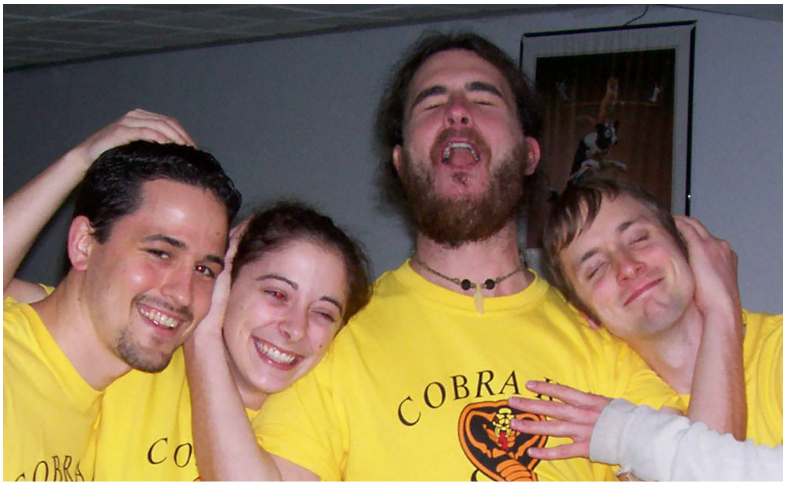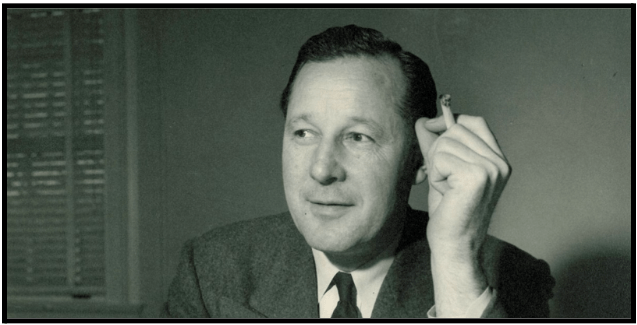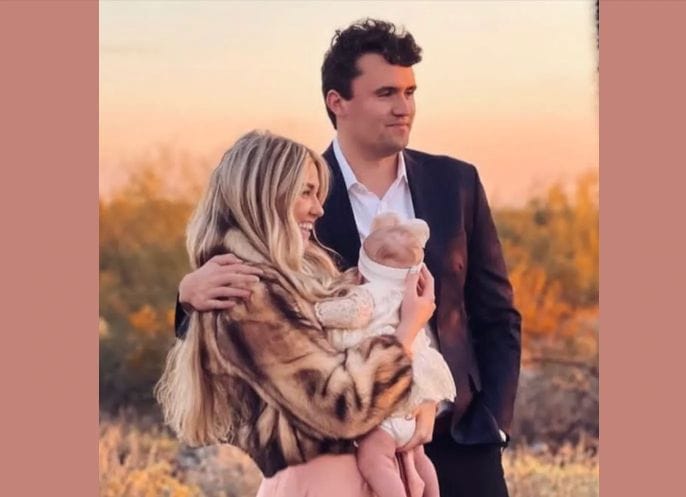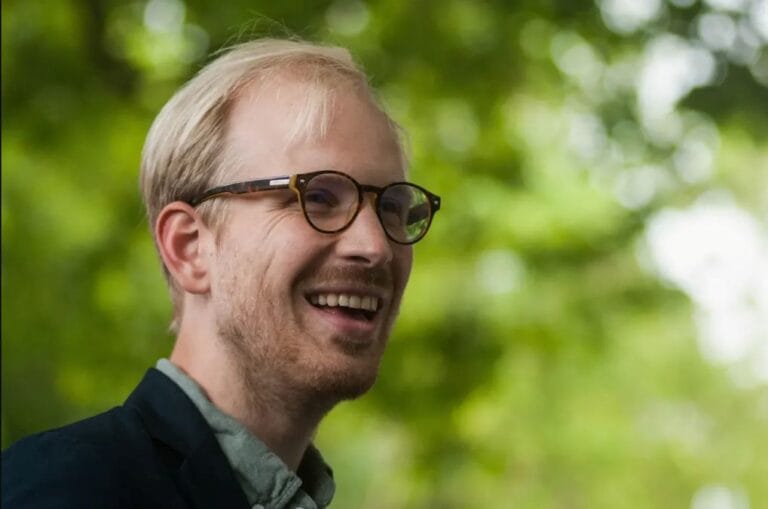One Idea. One Challenge. Once a Week.
“Healthy relationships are as essential as vaccines and ventilators.”
~ Vivek Murthy, U.S. Surgeon General
Streets buckled under the heat.
It was the summer of 1995, and the Midwest was baking. Chicago got hit hardest. The city’s power grids failed as their heat index broke 126 degrees. Cars stopped working and were abandoned. Train rails detached. Officials warned the wave could last for two days. It went for a week.
739 Chicagoans died from the heat – more than twice the casualties of the Great Chicago Fire that burned down the city. A coroner had to call in seven refrigeration trucks to help store the bodies. Many were buried in a mass grave.
In the wake of the tragedy, a mystery appeared.
Only a dozen Latinos died.
1 in 4 Chicagoans were Latino. And Latinos made up a significant percentage of the city’s sick and impoverished. How did they fare so well in the crisis?
In his book Heat Wave, NYU professor Eric Klinenberg explains that Chicago’s poor Latino neighborhoods were tight-knit with vibrant community spaces.
Other poor Chicago communities looked different. Neighbors didn’t know each other and were afraid to open their windows, despite having no air conditioning. When the heat wave hit, they were isolated and alone. Sealed off from the world.
The difference in the death rates among poor neighborhoods wasn’t attributed to poverty, health, or age.
It was social connection.
Decades earlier during the Great Depression, Harvard University launched a study that helps explain what happened in Chicago.
The study began by following the lives of Harvard’s 1939 to 1944 graduating classes. The researchers added some of the most disadvantaged youth in Boston, and decades later expanded to include spouses and children. The study continues to this day.
We now have more than eight decades of data showing the best predictors for lifelong well being.
Scientists debated which factors would have the biggest impact. Would it be cholesterol, exercise, fame, fortune, genetics, nutrition, intelligence, or sleep? They were shocked to discover it was none of these. One stood above the others:
Good relationships.
Dr. Robert Waldinger, the current director of the study, said in a viral speech: “The people who were the most satisfied in their relationships at age fifty were the healthiest at age eighty. . . . the good life is built with good relationships.”
A former director put it this way: “Happiness equals love – full stop.”
This love isn’t just romantic. Friendship is a type of love that fuels us with appreciation and purpose, releasing chemicals that change our bodies and brains for the better.
Friendships work like glue. They keep couples, companies, and communities together. And as the Latino neighborhoods in Chicago showed, friendships can keep us alive.
An ancient thought experiment from the philosopher Cicero helps illuminate this point. Imagine you were whisked away to a foreign land and given unlimited wealth. Every material possession – every gift and luxury – you could conceive of would be yours. But in exchange, you’d have to be alone. You’d forgo all possibility of ever interacting with another person.
Would you do it?
Cicero writes, “Wouldn’t you, utterly alone, lose every capacity for joy and pleasure?” Good friends, he says, make life worth living. And they give you comfort in knowing they are always there for you.
Our friend Jeff watched the movie E.T. recently with his kids. There’s a scene where a boy needs help and frantically tells his friends to get their bikes and meet him at a playground.
None of the friends push back, grumble, or ask questions. They all just show up at the playground with their bikes.
Jeff paused the movie and said to his kids, “Throughout your life, you’re going to have friends that sometimes need your help. Be the type of friend who shows up at the playground with your bike. And work hard to make friends who will do the same for you.”
Maryrose and I are unplugged for the next three weeks. I’ve known about it for a long time. I was supposed to get three weeks ahead on this newsletter, and schedule articles out in advance.
But I haven’t been able to do it. I still write each piece the week it gets published. There’s no reserve.
I’m proud that we’ve written 75 in a row. And delivered every one of them on time. We don’t want to break that streak. So what can we do?
Simple. I asked three friends for help.
And like the kids in E.T., they all showed up for us without hesitation.
Next week you’ll hear from our friend Weifeng. He’ll share a story about the time he risked his life in North Korea. And what it taught him about espionage.
Then you’ll hear from our friend Matt. He’s a masterful storyteller who will share a secret he learned that dramatically improves how he tells stories.
Finally, our friend Ben will try to convince you that some stories never leave. That they stay with you the rest of your life and shape the way you see the world.
And while Weifeng, Matt, and Ben are helping us out, Maryrose and I will be running Cicero’s experiment . . . in reverse.
We’re pulling together some of our favorite people. We’re gathering at one of our favorite places – Shields Valley in Montana, where Maryrose grew up. We’ll dance and sing and celebrate together late into the night.
Because next week Maryrose and I get to marry the friend we love most.
***
![]() IDEA
IDEA
The good life is built with friends who show up.
How can you help a friend this weekend?
***
For more on connecting with others:
- #26: Joshua Bell and the Rule of Connection
- #2: Listening is the first step
- #13: How to really understand a person
If you find this useful, please subscribe to our free weekly newsletter.




